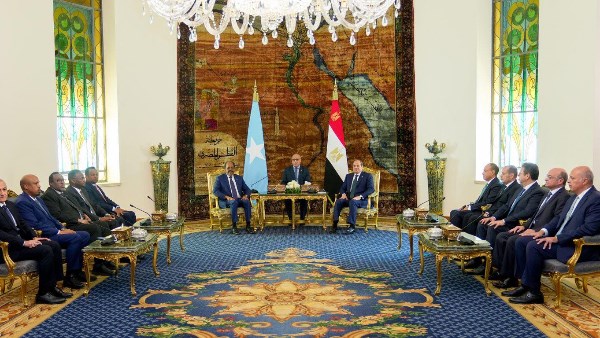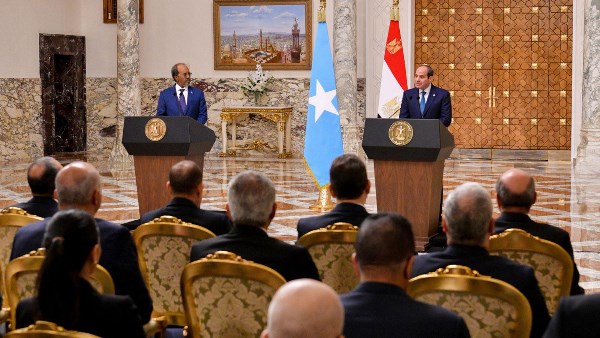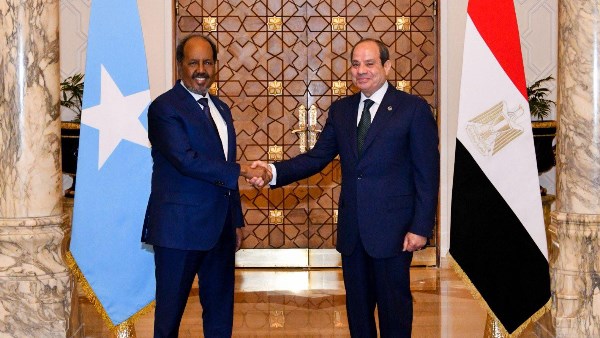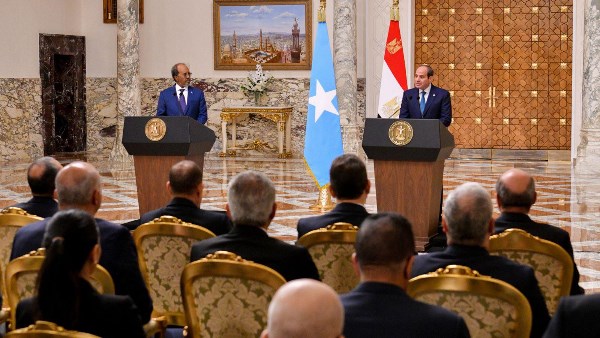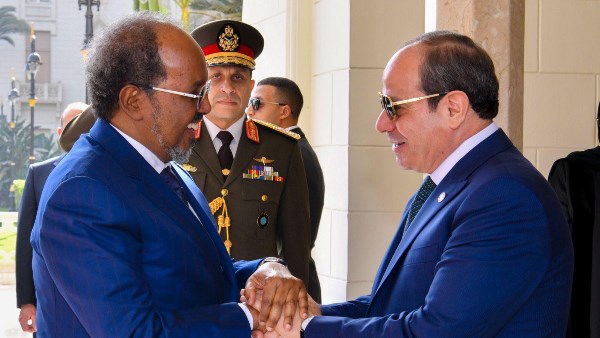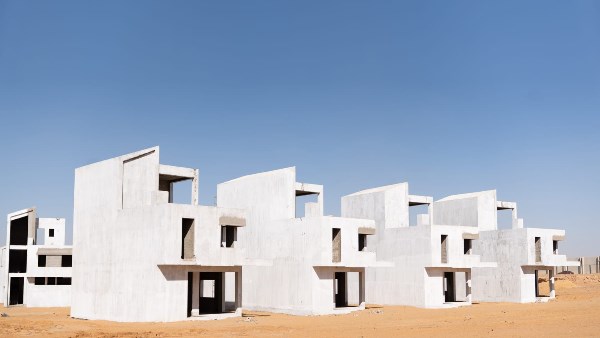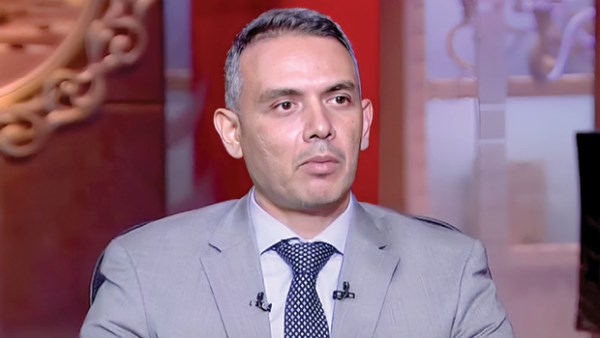
The decision is part of sweeping changes
China Wants Better Arms Procurement System to Meet Security Aims

China’s ruling Communist Party called for changes to the military’s weapon procurement system as it urged deeper reforms، and after the ousting two former defense ministers on corruption charges.
The decision is part of sweeping changes that the elite Central Committee is undertaking for the economy to boost growth and bolster national security. The plan was passed at the Third Plenum that concluded last week، and was published by the state broadcaster Sunday.
Other measures to boost the world’s biggest army by active personnel include strengthening President Xi Jinping and the party’s governance of the military، improving policies on combat readiness، stepping up joint operations and speeding up the development of strategic deterrence — which typically refers to nuclear weapons and other emerging technologies.
Weapon procurement
“National defense and military modernization are important components of Chinese-style modernization،” according to the Central Committee. “We must uphold the party’s absolute leadership over the people’s military.”
The announcement marks the clearest signal from Beijing about issues with the country’s weapon procurement، which has suffered from graft. The defense reforms are part of the national security component of the Central Committee’s plan. Xi explained in a Xinhua News Agency release accompanying the plan that it has placed safeguarding national security in a more prominent position.
Xi’s government unseated at least 18 senior military figures since opening a corruption investigation last summer into hardware purchases going back to 2017. They include former Defense Minister Li Shangfu، who once worked at the equipment development department، and his predecessor Wei Fenghe، who once led the Rocket Force unit that had also seen several officials purged.
US intelligence experts viewed the departures as a response to the discovery of widespread corruption in the military، including in the unit that manages China’s expanding nuclear arsenal and would be critical to any invasion of Taiwan.
The party further pledged to improve the work mechanism for the building of integrated national strategies and capabilities — a reference to the much-scrutinized civil-military fusion effort that brings together companies and the armed forces. It will also ramp up the management of aerospace and arms trade.





-1120252475029447.jpg)




